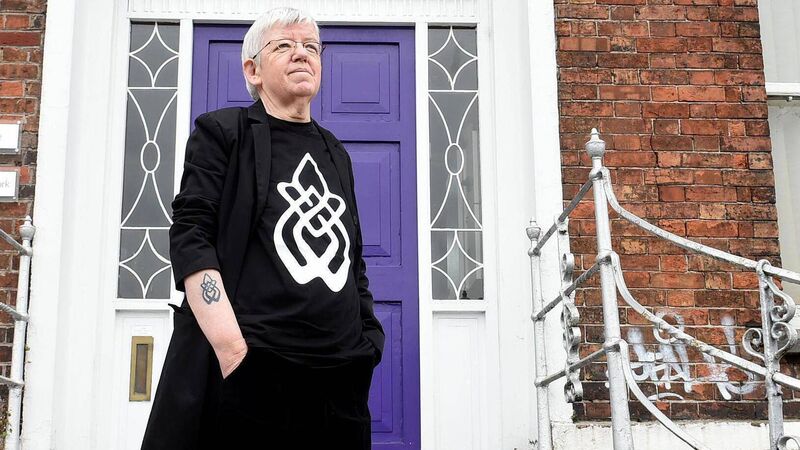Almost 90% of sexual assault perpetrators known to victims in Cork last year

Mary Crilly, the CEO of Sexual Violence Centre Cork, said 2020 presented challenges after the pandemic hit in March and things became “eerily quiet”. Pic: Larry Cummins
The figure represents an increase on 2019 when 70% of perpetrators were known to the victim.
The 2020 report highlights the services the centre provided to survivors of all forms of sexual violence in Cork city and county.
The report found that nearly 28% of all sexual assaults took place in the victim’s own house, while 23% took place in the perpetrator’s house.
Mary Crilly, the CEO of Sexual Violence Centre Cork, said 2020 presented challenges after the pandemic hit in March and things became “eerily quiet”. She said the centre’s team sprung into action, offering services remotely.
Last year, the centre continued to support survivors of rape, sexual assault, child sexual abuse, online sexual abuse, sexual harassment, stalking, sex trafficking, FGM, forced marriage and domestic violence, despite the pandemic.
The majority of clients in 2020 were adult survivors of sexual assault (73.6%) and 23% of clients in 2020 were students. Almost half of all new clients in 2020 were aged 29 and younger.
There were 341 new clients supported, of which 33% reported to the Garda in 2020.
The 1,659 appointments offered in 2020 were taken primarily online or by phone due to Covid-19 and the centre supported 28 victims through the SATU process in 2020.
This is considerably less than the 197 victims supported in 2019 which is again, likely due to the impact of the Covid-19 pandemic as many victims may have felt unable to access support services such as SATU.
The Sexual Violence Centre Cork had to adapt and support to victims of sexual violence in new ways during the pandemic, meeting with clients on Zoom, or speaking to them over the phone.
The centre’s annual report found that in 2020, there were 2,383 calls and texts answered, a decrease in the 3,469 calls received in 2019. 63% of all calls and texts came directly from clients.
Ms Crilly said that the pandemic has proved that geography will no longer be the barrier to accessing services and that adaptation and flexibility were the “hallmarks of the centre’s work in 2020”.
“There was however a substantial reduction in the number of family members/friends of victims, who made contact with the centre.
"The year 2020 was undoubtedly a year of challenge. I will remember it as a year, that as a country, as a sector, as a centre, we rose to that challenge,” she said.










 App?
App?


